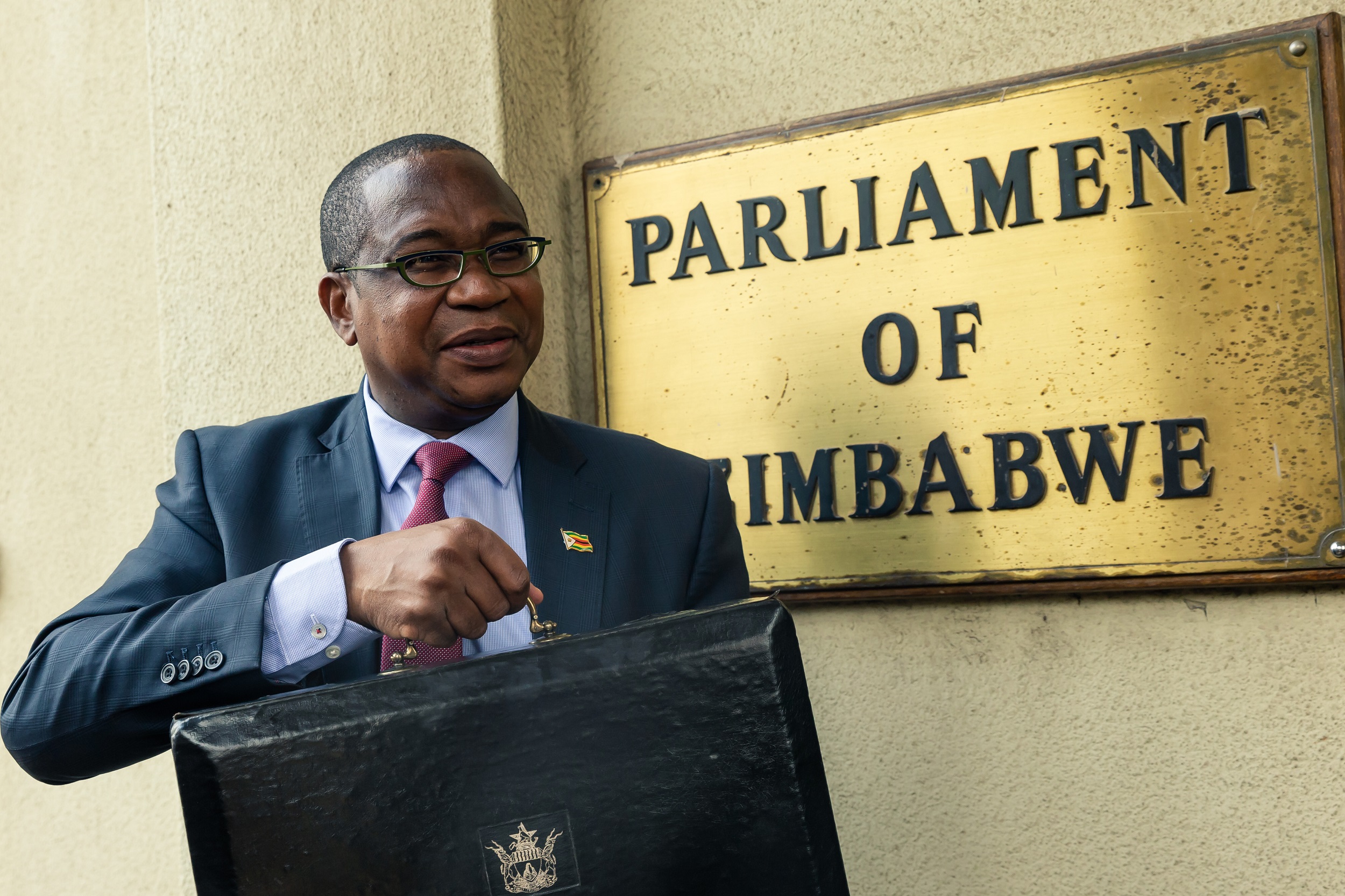ZIMBABWE has been listed as one of the least transparent countries in the world in fully disclosing budget-related information, a latest report by the United States Department of State has shown.
BERNARD MPOFU
Critics have over the years blasted Treasury for excessive borrowing which has been done without parliamentary approval and they say new changes to the country’s constitution have granted the executive carte blanche powers which bypass independent oversight.
Fiscal transparency informs citizens how government revenues and tax revenues are spent and is a critical element of effective public financial management.
Transparency provides citizens a window into government budgets and helps hold public officials and institutions accountable.
According to the US State Department 2021 Fiscal Transparency Report which was released this month, Zimbabwe is among governments that were found not to meet the minimum requirements of fiscal transparency and the report identified whether the governments made significant progress toward meeting those requirements.
The Department of State said minimum requirements of fiscal transparency are accessibility of budget documents, including the executive budget proposal, enacted budget, and end-of-year report.
Publicly available budget documents should provide a substantially full picture of the government’s planned expenditures and revenue streams, including natural resource revenues and budget documents.
Related data are considered reliable if the information contained therein is credible, meaning actual government revenues and expenditures correspond to the enacted budget. The report says the criteria and procedures for the contracting and licensing of natural resource extraction should be publicly available and codified in law or regulation.
“The Department concluded that, of the 141 governments evaluated, 74 met minimum requirements of fiscal transparency. Two governments, Nigeria and The Gambia, met minimum requirements in 2021 after not meeting minimum requirements in 2020. Sixty-seven governments did not meet the minimum requirements of fiscal transparency. Of these 67, however, 17 governments made significant progress toward meeting the minimum requirements of fiscal transparency,” the report reads.
On Zimbabwe, the report said: “During the review period, the government made its executive budget proposal and end-of-year report, but not its enacted budget, publicly available online within a reasonable period of time. Information on some debt obligations was publicly available, but not information on contingent debt or state-owned enterprise debt.”
“The central bank has used off budget accounts to conduct quasi-fiscal activity, and some of the debt may be assumed by the government. Publicly available budget documents did not include a substantially complete picture of revenue streams, including natural resource revenues. The budget included aggregate allocations to, but not earnings from, state-owned enterprises. Significantly, large state-owned enterprises did not have audited financial statements. The information in the budget was considered generally unreliable, as actual revenue and expenditure deviated significantly from the enacted budget and the government did not produce a supplemental budget.”
Zimbabwe’s fiscal transparency, the report reads, would be improved by: publishing its enacted budget within a reasonable period of time; publishing information on contingent debt and state-owned enterprise debt; eliminating off-budget accounts; providing a complete picture of revenues and expenditures, including revenues from natural resources; following in practice laws and regulations governing natural resource extraction contracting and licensing; and making basic information about such awards publicly available.









